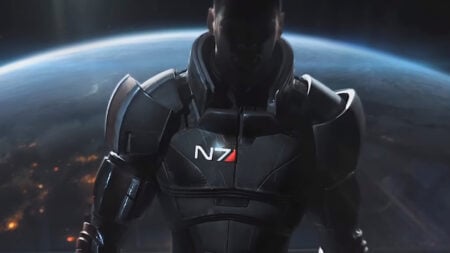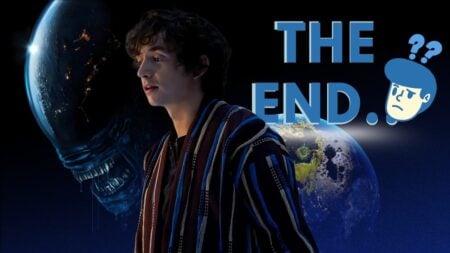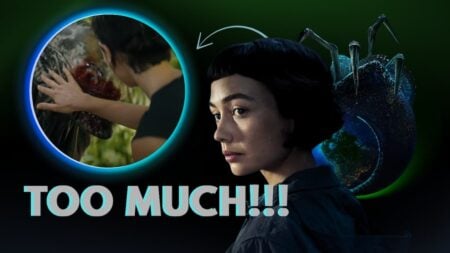Skip To...
Netflix pumps out a steady stream of animated originals. Castlevania: Nocturne, Pluto, The Monkey King, Onimusha, Captain Laserhawk, Nimona, and last week’s Blue Eye Samurai dropped this year. I would place many of those films and series among the finest animated releases of the last several years. Many, however, tragically missed them entirely. If you didn’t watch Netflix’s “What’s New” feature every month, you could easily ignore something beautiful. Why doesn’t Netflix market these projects?
Netflix Picks Animated Winners and Losers
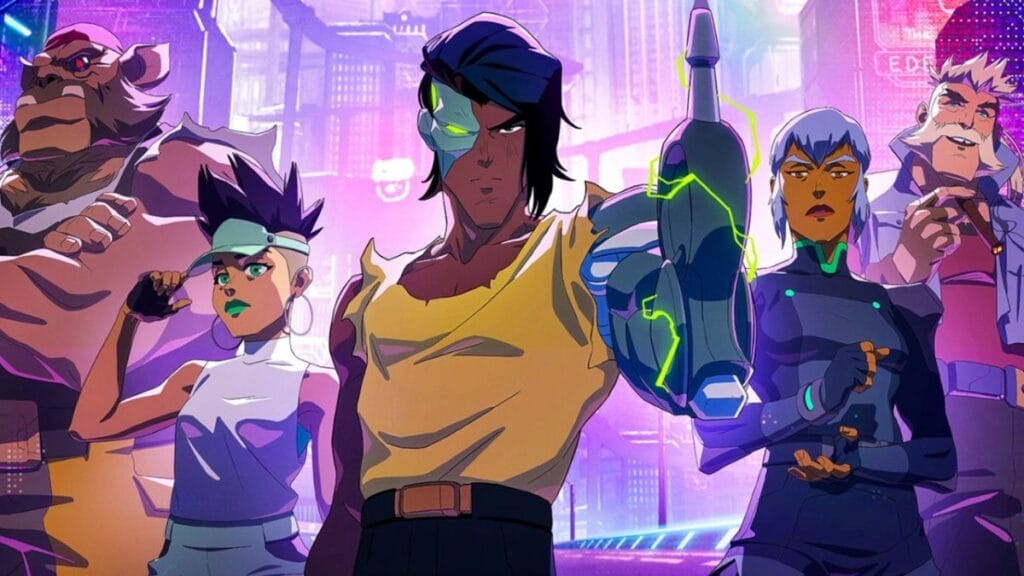
Netflix receives tremendous criticism for the projects it cancels. Countless series, killed before their times, pile up around the service’s feet. Subscribers frequently bemoan the survival of shows like Big Mouth when more original, engaging, or even in-demand programs fall flat. Big Mouth is the streamer’s flagship animated program, a raunchy, “adult-oriented” comedy in the style of Family Guy. On the opposite end of the spectrum, they offer She-Ra or The Dragon Prince. Two spectacular fantasy series aimed at kids but enjoyed by most. Netflix offers these animated series marketing, prestige, and prominent positioning on its home page. Arcane earned much of the same. So did Voltron a few years ago. Netflix’s favorite shows are either kid-friendly epics or adult-oriented comedies. The problem lies with those shows that fall in between.
Adi Shankar’s Bootleg Universe shows reach close to Netflix’s standards. Castlevania: Nocturne received some promotion before its debut and even some merch after it came out. Captain Laserhawk: A Blood Dragon Remix earned a trailer or two, but it’s not the favorite. I discovered Michael Green and Amber Noizumi’s Blue Eye Samurai a few weeks before it dropped because several outlets wrote up lists of original programming announced for streaming services. You might be finding out about it right now. There are ads for it on Netflix’s YouTube channel. They uploaded the first episode for free for all who want to see it. You have to come to Netflix to find Blue Eye Samurai. It’s the difference between printing fliers to promote live music and showing up at the venue a few hours early, telling everyone you’ll be performing soon, then taking the stage.
Netflix Doesn’t Know What to Promote
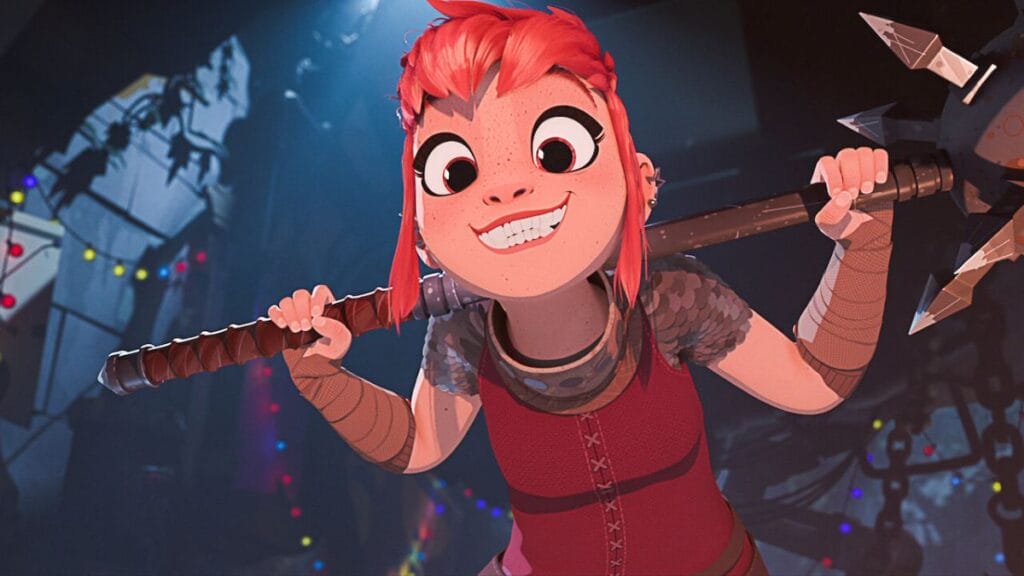
When my family subscribed to Netflix, it was a DVD mailing service. I took an interest in its streaming capabilities when I discovered many anime series exclusively available in its library. Netflix is the default streaming service. Some older people often use Netflix as an all-purpose term, much as we use Google or Kleenex. The streamer competes with countless other options. These brands are terrified to define themselves by anything other than their IP. Netflix has Stranger Things, Hulu has FX’s catalog, Amazon Prime has The Boys, and so on. Any service could kick in the door and boldly proclaim themselves the home of indie horror, Bollywood musicals, or whatever. Netflix has a legitimate claim to dominating original animation. That claim would earn fans who don’t just grudgingly tolerate it as a venue for their favorite shows. All they’d have to do is fix their marketing.
To CBS, the value of a show is its viewership. More eyes means more advertising dollars. Measuring success on cable is straightforward. To Netflix, a valuable show draws new subscribers or keeps old ones around. It’s harder to gauge their performance. Massive hits like Stranger Things stand out as cultural phenomena, but mild hits are harder to track. Netflix can find a concise and effective marketing strategy to appeal to animation fans. They attempt something similar in their Netflix Geeked branding. They aren’t the savior of the medium, but they can sell the service as a place where you’ll see cartoons you’d never see elsewhere. It’s already doing the hard work. Why not reap the rewards?
Netflix gave the world Nimona, Blue Eye Samurai, Pluto, Onimusha, The Monkey King, and more in the same year. I can’t recommend any of those pieces of art highly enough. If you haven’t heard of them, seek them out. As much as we should shout at Netflix when they cancel good shows, we should pay attention when they pick up something like Nimona. They just have to tell people about it first.




